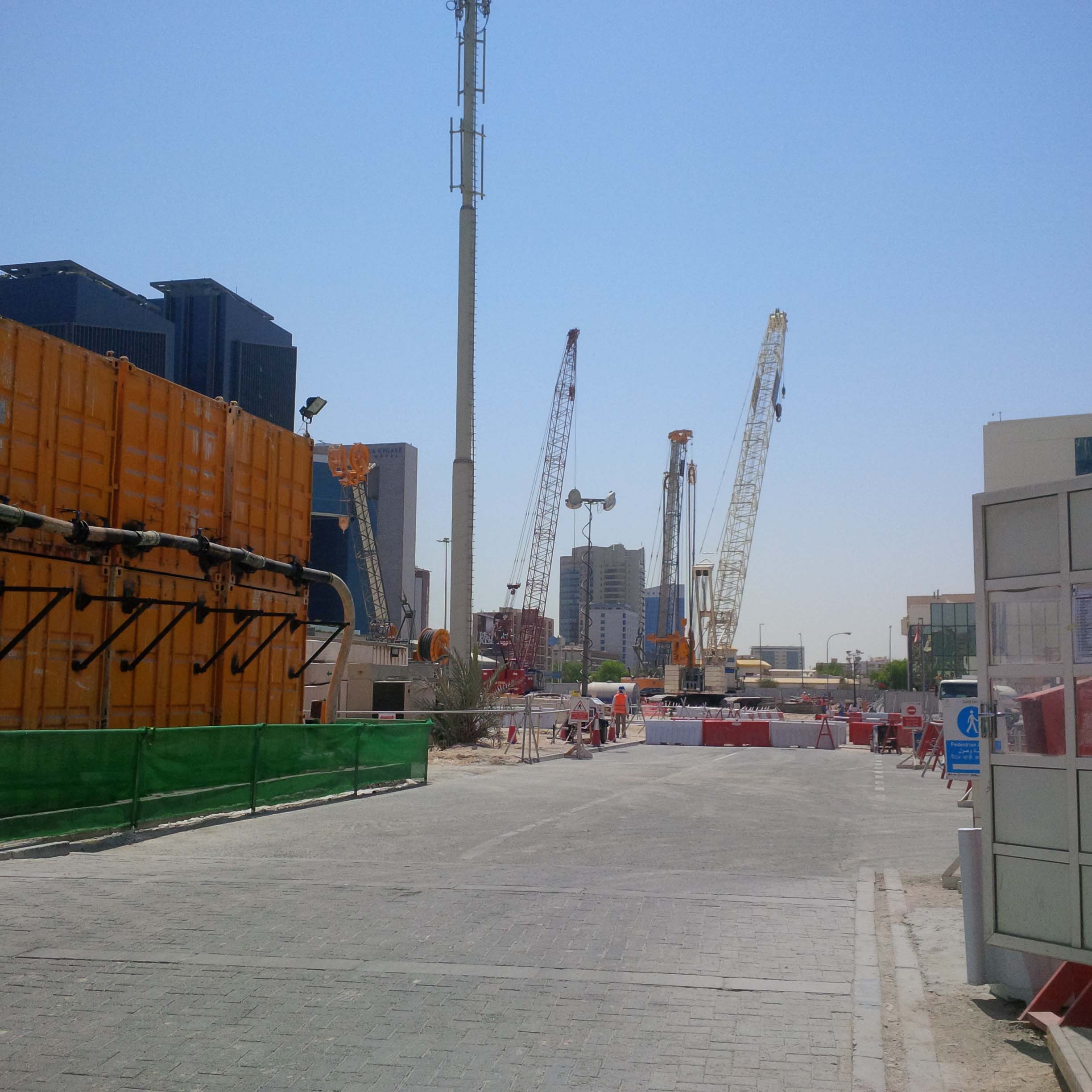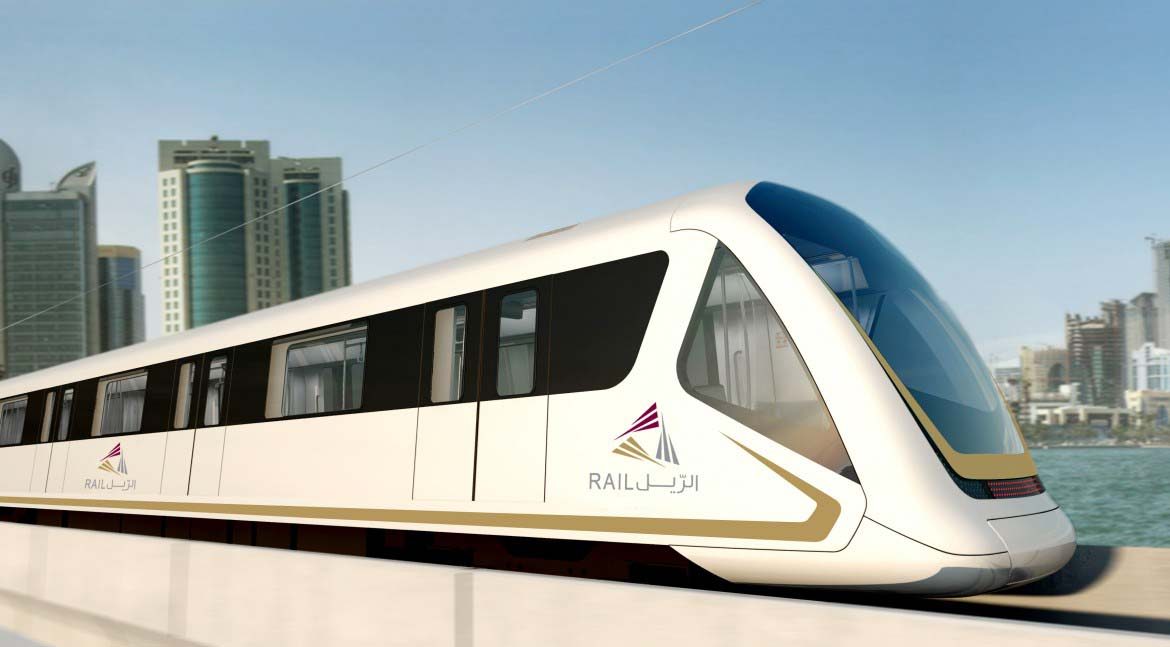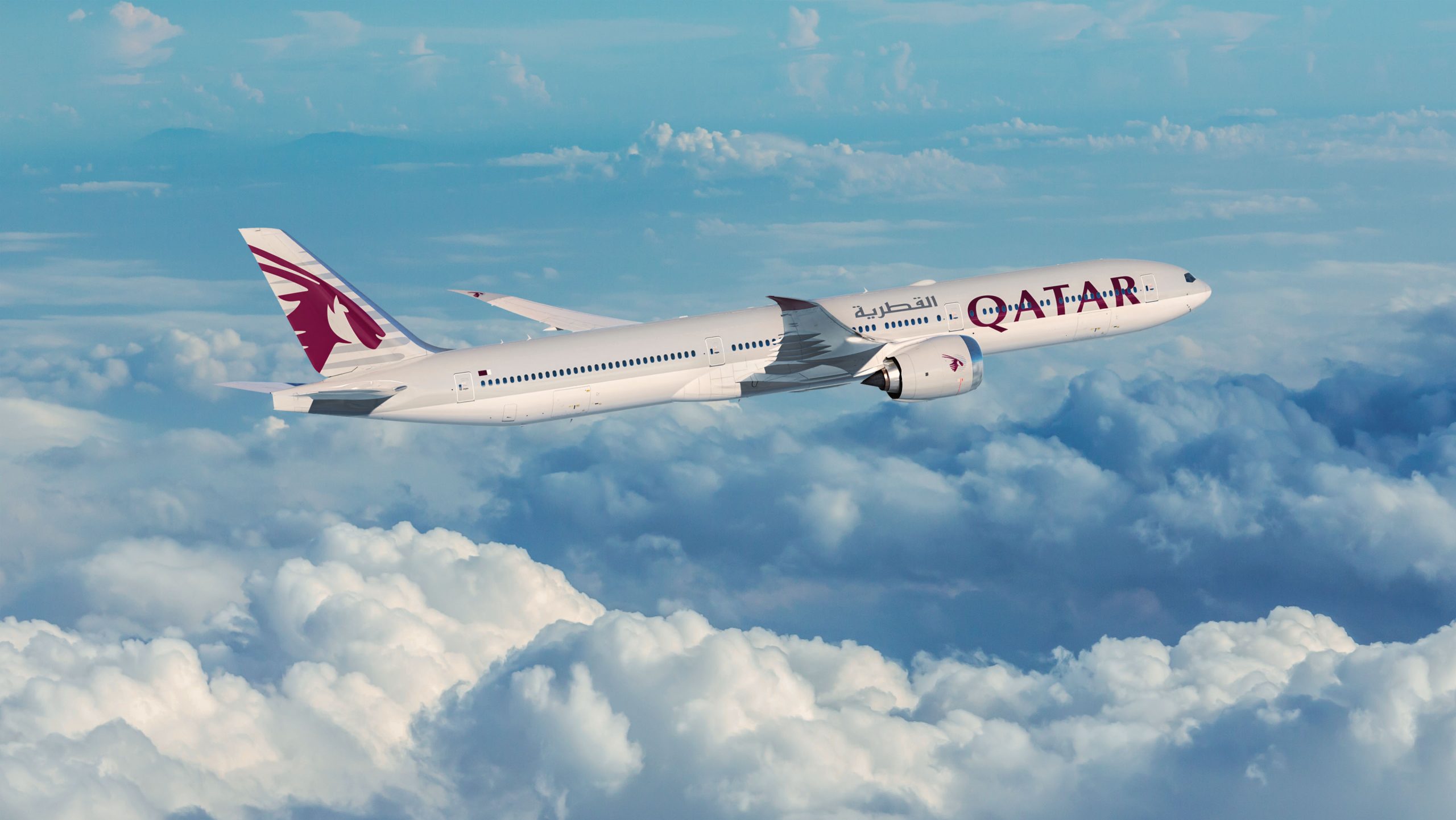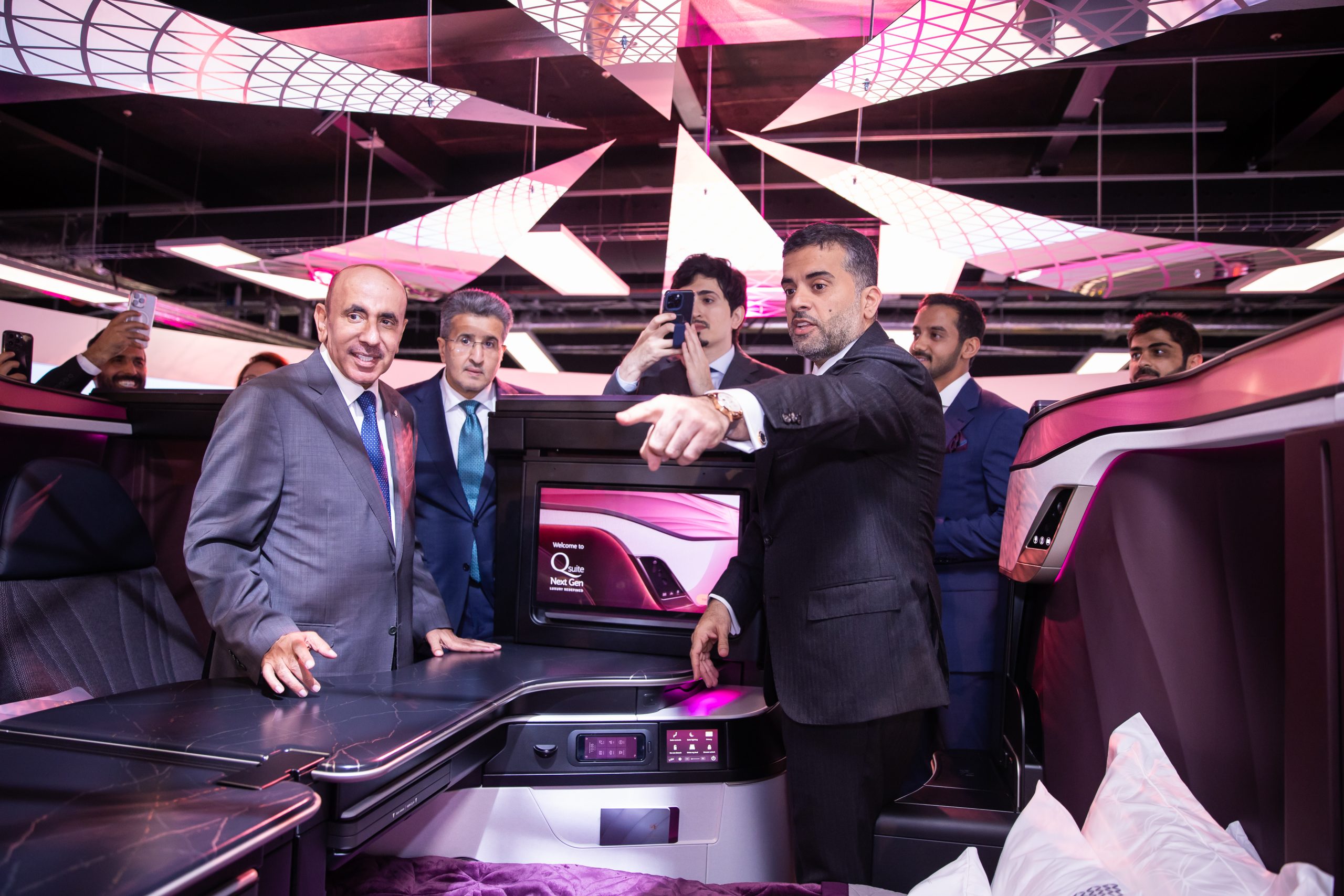Excavation and construction work for Qatar’s three main rail projects will be in full swing next year, as the deadlines for completion loom closer.
The country is building three main public transportation links: the Doha Metro, Lusail light-rail project and a high-speed, long-distance line.
Yesterday, a senior Qatar Rail official said work on the Doha Metro – which is due to open to passengers in 2019 – is 16 percent completed. That includes 40 percent of the excavation works for 38 stations, Qatar Rail’s Managing Director Abdulla Abdulaziz al-Subaie is quoted by Gulf Times as saying yesterday at Ahmed Bin Mohammed Military College.
Separately, al-Subaie echoed a commitment made at last week’s GCC summit to have a regional rail line running by 2018. He said work will also start next year on Qatar’s section of the transportation network, although Qatar Rail reportedly had still not issued construction tenders as of early last month.
Qatar will initially construct 148km of freight and passenger lines running up from the Saudi Arabian border. Once complete, the rail route is slated to run some 2,117km and link Kuwait City with Muscat through Saudi Arabia, Bahrain, Qatar and the UAE at a cost of US$15.4 billion.
Lusail’s light rail system, which will install at least 32 passenger stations across a network stretching more than 30km, is also still on track to meet its 2018 deadline, Al Subaie said, adding that 8km of underground tunnels had already been dug out and 7km of electrical and mechanical works were complete.
Passengers will be able to transfer from Lusail’s light-rail line to the metro, which will travel on the surface before descending underground towards West Bay.
Digging out
 The Doha Metro requires extensive tunneling beneath the surface. All 21 of the custom-made tunnel-boring machines needed to dig below the surface to create stations and tracks, will be deployed during 2015,
The Doha Metro requires extensive tunneling beneath the surface. All 21 of the custom-made tunnel-boring machines needed to dig below the surface to create stations and tracks, will be deployed during 2015,
The first of the customized tunnel-boring machine needed to dig underground for the stations and tracks arrived in Qatar in April of this year. Specially manufactured by Germany-based Herrenknecht, the next four arrived two months later.
The machines will be used to cut holes 20 meters beneath the city’s ground for all the lines. Qatar Rail previously said:
“Each TBM will travel a distance of between 7-9 km and will take approx. 2 years to complete their respective journeys. The TBM average speed will be between 12m/day to 21m/day, depending on ground conditions. Daily excavation quantity will be over 600m³, with an estimated predicted total excavation quantity of over 5,000,000m³.”
Originally, officials warned residents that they may feel some minor vibrations as all 21 of the machines got to work next year. However, in June, they back-tracked, saying the tunneling would be “practically unknown to the population above.”
Change attitudes
Officials hope that the installation of a public transport system will take the pressure off Qatar’s crowded road network, which is struggling to accommodate the thousands of new cars which join it each year.
Admitting that Qatar’s road infrastructure was nearing capacity, Al Subaie warned that a “mindset and attitude shift” was needed in the state to encourage people to leave their cars at home and take the train to work.
“When the Metro has been built and put into place, we need a mindset and attitude shift from the current transport scene backed by private cars to Metro.
“At the end, it is not sustainable that everyone has their own car and we have to be very conscious towards the economic and social productivity and environmental protection of the state,” Al Subaie said in an address to military students.
However, he reiterated his warning that residents and visitors should not expect park and ride facilities at each of the stations and said that feeder buses would be provided to transport people around town to their station.
In an interview in October this year with local business magazine The Edge, Al Subaie was quoted as saying:
“In the future, you may not always be able to park your car just near to the place you would like to see … We are trying to minimize the number of cars entering the city from outskirts of Doha. So we don’t want, for example, someone to come into the city and park inside the city.”
Thoughts?








